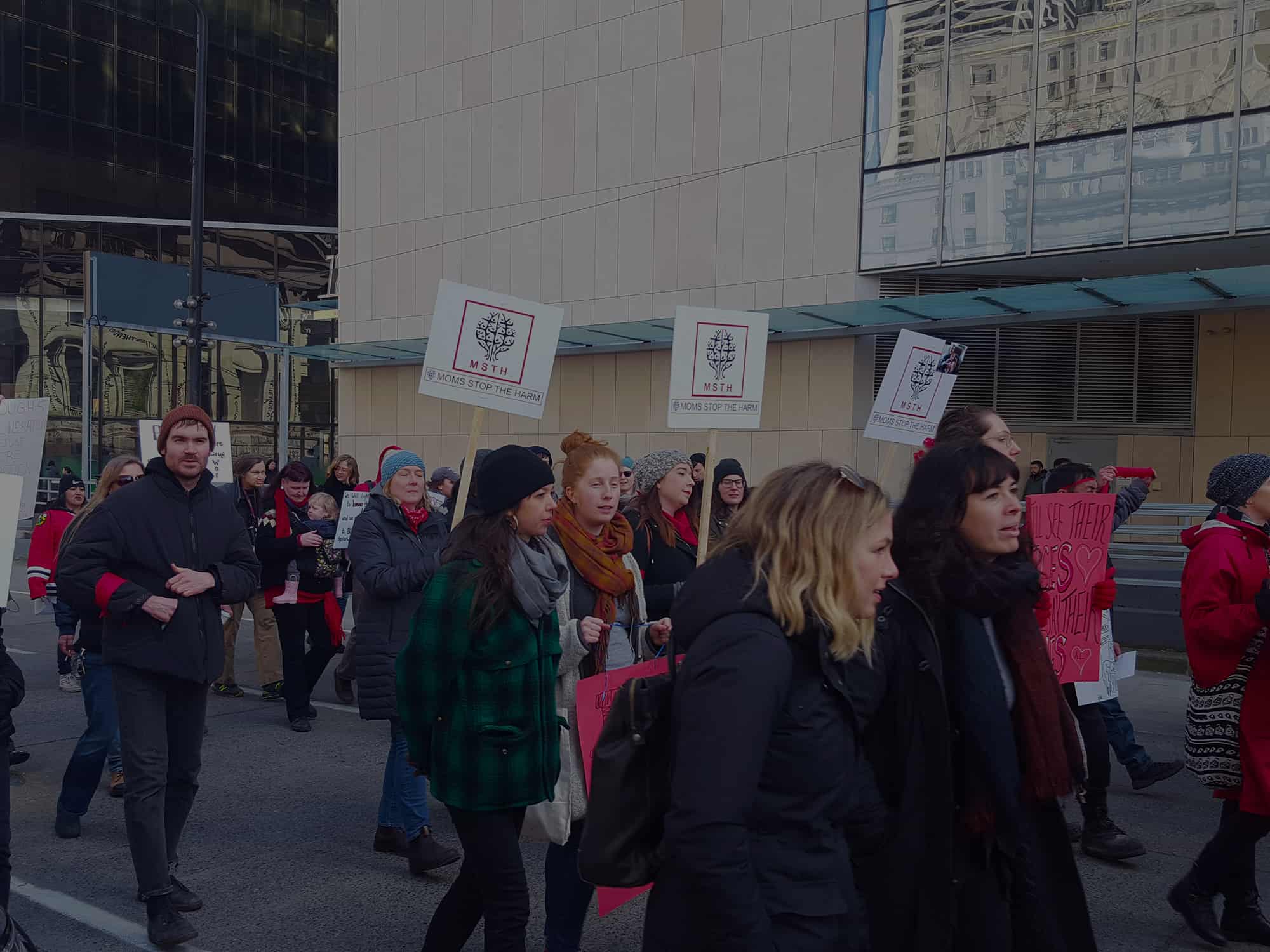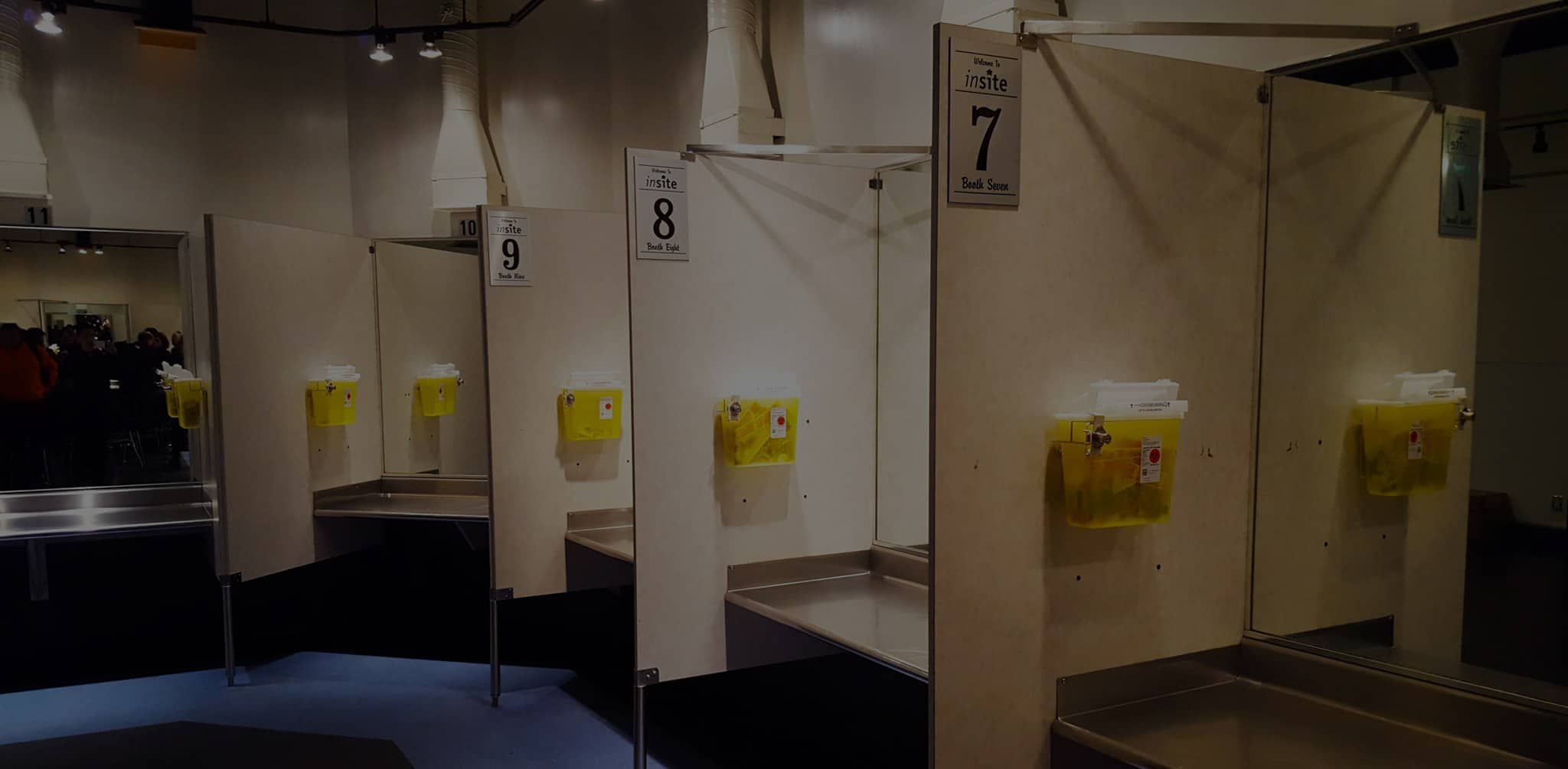Harm reduction and progressive drug policies mean community safety for everyone, including businesses
The case for supervised consumption and overdose prevention sites
Over 100 evidence-based, peer-reviewed studies have consistently proven the positive impacts of supervised consumption services
Canada’s current approach to substances
Rather than being benign tools aimed at promoting the health of Canadians, drug laws introduced in the early 1900s were meant for social control and targeted certain groups of people, including Asian immigrants, people of colour, and Indigenous people.
What is harm reduction?
Harm reduction saves lives and connects people with vital social services, health care, and stability.
Considering alternative drug policies: decriminalization and legal regulation
Legal regulation would create safer communities for everyone. It would greatly reduce overdose, weaken high-level organized crime, and keep drugs away from youth.
What is a public health and human rights approach to substances?
By changing the way we see and frame substance use, we can move towards a system of laws and policies that will prevent harm and death.
The impact of stigma
Stigma can create real and tangible harms for people who use drugs. We can help or harm through our words and behaviours.
Outcomes of our current approach to substances
The system is failing and fuelling overdose deaths, violence, and organized crime.








